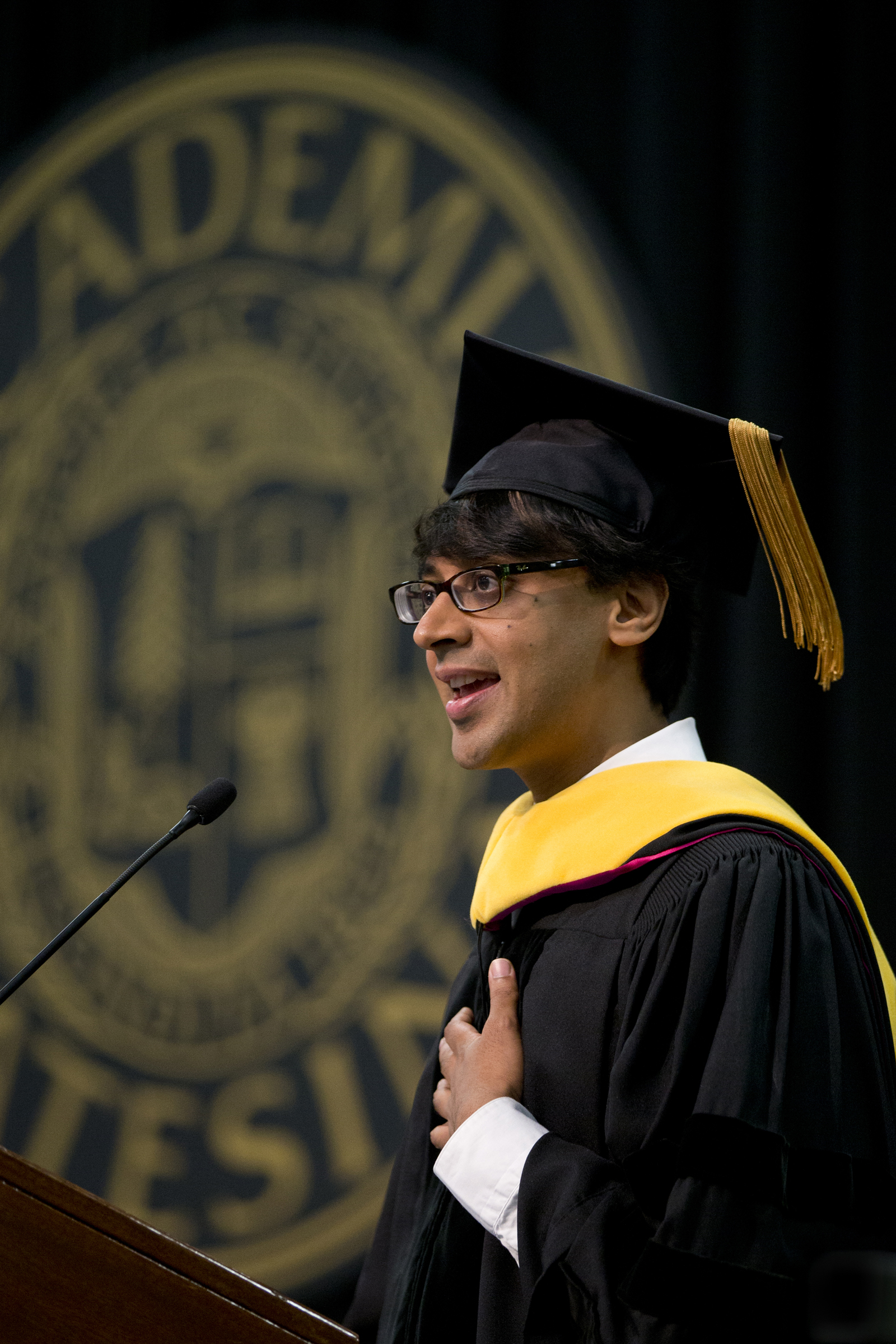Role Mathematician Name Manjul Bhargava | ||
 | ||
Institutions Princeton UniversityLeiden UniversityTIFRIIT BombayUniversity of Hyderabad Alma mater Harvard UniversityPrinceton University Doctoral students Wei HoAlison MillerArul ShankarMelanie Wood Notable awards Fields Medal (2014)Infosys Prize (2012)Fermat Prize (2011)Cole Prize (2008)Clay Research Award (2005)SASTRA Ramanujan Prize (2005)Blumenthal Award (2005)Hasse Prize (2003)Morgan Prize (1996)Hoopes Prize (1996)Hertz Fellowship (1996) Similar People | ||
Nationality Canada / United States | ||
Poetry daisies and cobras math class with manjul bhargava
Manjul Bhargava (born 8 August 1974) is a Canadian-American mathematician of Indian origin. He is the R. Brandon Fradd Professor of Mathematics at Princeton University, the Stieltjes Professor of Number Theory at Leiden University, and also holds Adjunct Professorships at the Tata Institute of Fundamental Research, the Indian Institute of Technology Bombay, and the University of Hyderabad. He is known primarily for his contributions to number theory.
Contents
- Poetry daisies and cobras math class with manjul bhargava
- India questions math genius professor manjul bhargava
- Education and career
- Contributions
- Awards and honors
- Selected publications
- References

Bhargava was awarded the Fields Medal in 2014. According to the International Mathematical Union citation, he was awarded the prize "for developing powerful new methods in the geometry of numbers, which he applied to count rings of small rank and to bound the average rank of elliptic curves".

India questions math genius professor manjul bhargava
Education and career

Bhargava was born in Hamilton, Ontario, Canada of parents who had emigrated from India, and he grew up primarily in Long Island, New York. His mother Mira Bhargava, a mathematician at Hofstra University, was his first mathematics teacher. He completed all of his high school math and computer science courses by age 14. He attended Plainedge High School in North Massapequa, and graduated in 1992 as the class valedictorian. He obtained his B.A. from Harvard University in 1996. For his research as an undergraduate, he was awarded the 1996 Morgan Prize. Bhargava went on to receive his doctorate from Princeton in 2001, supervised by Andrew Wiles and funded by a Hertz Fellowship. He was a visiting scholar at the Institute for Advanced Study in 2001-02, and at Harvard University in 2002-03. Princeton appointed him as a tenured Full Professor in 2003. He was appointed to the Stieltjes Chair in Leiden University in 2010.

Bhargava is also an accomplished tabla player, having studied under gurus such as Zakir Hussain. He also studied Sanskrit from his grandfather Purushottam Lal Bhargava, a well-known scholar of Sanskrit and ancient Indian history. He is an admirer of Sanskrit poetry.
Contributions

His PhD thesis generalized Gauss's classical law for composition of binary quadratic forms to many other situations. One major use of his results is the parametrization of quartic and quintic orders in number fields, thus allowing the study of asymptotic behavior of arithmetic properties of these orders and fields.

His research also includes fundamental contributions to the representation theory of quadratic forms, to interpolation problems and p-adic analysis, to the study of ideal class groups of algebraic number fields, and to the arithmetic theory of elliptic curves. A short list of his specific mathematical contributions are:


In 2015 Manjul Bhargava and Arul Shankar proved the Birch and Swinnerton-Dyer conjecture for a positive proportion of elliptic curves.
Awards and honors
Bhargava has won several awards for his research, the most prestigious being the Fields Medal, the highest award in the field of mathematics, which he won in 2014.
Bhargava is the third youngest full professor in Princeton University's history, after Charles Fefferman and John Pardon.
In addition, he won the Morgan Prize and Hertz Fellowship in 1996, a Clay 5-year Research Fellowship, the Merten M. Hasse Prize from the MAA in 2003, the Clay Research Award in 2005, and the Leonard M. and Eleanor B. Blumenthal Award for the Advancement of Research in Pure Mathematics in 2005.
Peter Sarnak of Princeton University has said of Bhargava:
He was named one of Popular Science Magazine’s "Brilliant 10" in November 2002. He won the $10,000 SASTRA Ramanujan Prize, shared with Kannan Soundararajan, awarded by SASTRA in 2005 at Thanjavur, India, for his outstanding contributions to number theory.
In 2008, Bhargava was awarded the American Mathematical Society's Cole Prize. The citation reads:
In 2011, he was awarded the Fermat Prize for "various generalizations of the Davenport-Heilbronn estimates and for his startling recent results (with Arul Shankar) on the average rank of elliptic curves".
In 2011, he delivered the Hedrick lectures of the MAA in Lexington, Kentucky. He was also the 2011 Simons Lecturer at MIT.
In 2012, Bhargava was named an inaugural recipient of the Simons Investigator Award, and became a fellow of the American Mathematical Society in its inaugural class of fellows.
He was awarded the 2012 Infosys Prize in mathematics for his "extraordinarily original work in algebraic number theory, which has revolutionized the way in which number fields and elliptic curves are counted".
In 2013, he was elected to the National Academy of Sciences.
In 2014, Bhargava was awarded the Fields Medal at the International Congress of Mathematicians in Seoul for "developing powerful new methods in the geometry of numbers, which he applied to count rings of small rank and to bound the average rank of elliptic curves".
In 2015, he was awarded the Padma Bhushan, the third highest civilian award of India.
